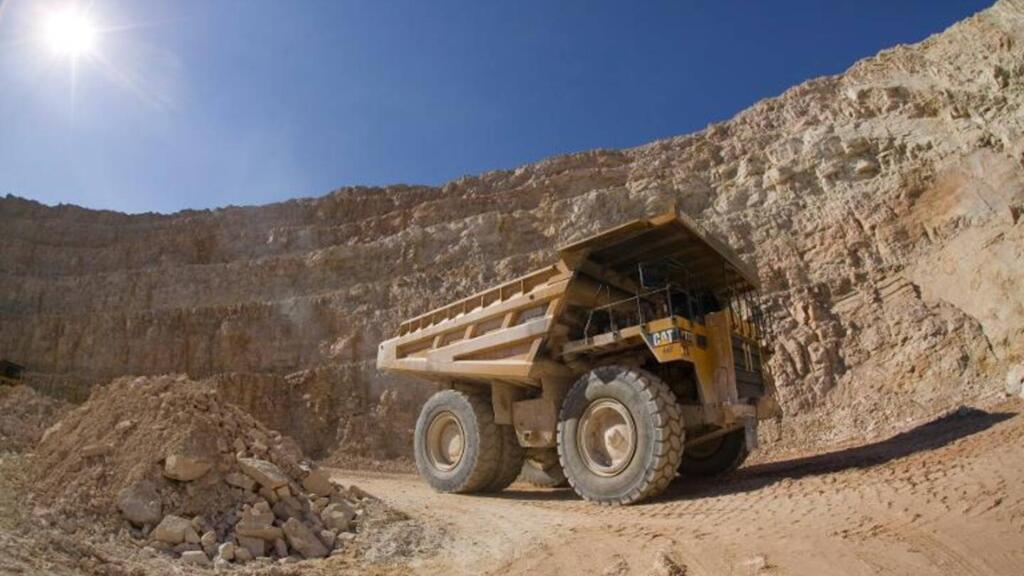Moscow eyes uranium edge in Niger after French exit

The deal covers nuclear power generation, medical applications, and training of local experts. If implemented, it would mark the first nuclear power project in West Africa.
Russia has opened talks with Niger over the possibility of building a nuclear power plant, a move that could reshape the energy and geopolitical landscape of the uranium-rich West African country and weaken France’s long-standing dominance.
Niger, which has for decades exported uranium to France without receiving nuclear expertise in return, is now considering Moscow’s proposal under a cooperation agreement signed with Russia’s state-owned nuclear corporation, Rosatom.
The deal covers nuclear power generation, medical applications, and training of local experts. If implemented, it would mark the first nuclear power project in West Africa.
Niger imports most of its electricity and relies largely on coal-fired power stations and supplies from Nigeria.
For more than five decades, French nuclear company Orano, previously known as Areva, controlled uranium mining in Niger to fuel France’s energy needs.
However, relations soured after the 2023 coup, and the military authorities nationalised Orano’s operations in June, creating space for new partners.
Russian Energy Minister Sergei Tsivilev, speaking during a visit to Niamey on July 28, said: “Our task is not simply to participate in uranium mining. We must create an entire system for the development of peaceful atomic energy in Niger.”
Russia’s interest extends beyond power generation. Moscow is eyeing the vast Imouraren mine, one of the world’s largest uranium deposits, which Orano lost rights to after the coup.
Securing access would strengthen Russia’s already growing role in global uranium production, seen as vital to the expansion of nuclear energy as countries seek cleaner alternatives to fossil fuels.
Niger may also sell Russia part of the 1,400 tonnes of yellowcake uranium concentrate stockpiled at the Sominak mine in Arlit, seized from Orano in June.
These supplies had accumulated during sanctions imposed by Ecowas after the coup, and later shipments were blocked by the junta even after restrictions were lifted.
At different points, China and Iran showed interest in buying the uranium, though the US warned Niger against selling to Tehran.
While the project promises prestige, huge questions remain about feasibility.
Nuclear plants require massive capital, reliable security, and stable demand.
Niger, plagued by insecurity from Islamist militants in parts of its territory, faces enormous challenges in guaranteeing safety and long-term investment.
France, despite decades of mining uranium there, never considered building a nuclear plant in the country.
Still, Russia appears to have struck a political chord. Many in Niger see the French role as exploitative, with one official telling French newspaper Le Monde that Orano had been “stuffing itself with our country’s natural resources.”
The junta, which detained Orano’s Niger director Ibrahim Courmo without charge since May, has vowed to end the French era of uranium mining.
The geopolitical shift mirrors moves in neighbouring Mali and Burkina Faso, where juntas have pushed for greater control over natural resources, forcing foreign companies to share profits locally and refining more of their output within the region.
Whether Niger will one day host a nuclear power plant remains uncertain, but by promising what France never offered, Moscow has positioned itself as a partner that understands local frustrations and aspirations.
